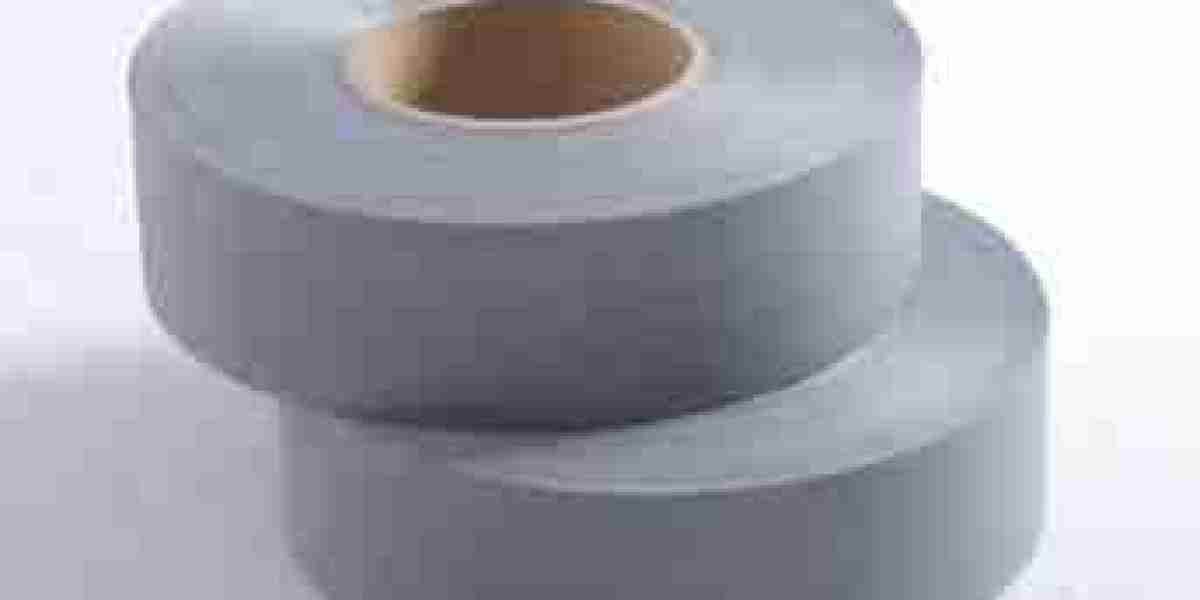In our daily lives, reflective materials have a broad and diverse range of applications, from construction to transportation and even fashion design. These materials bring convenience to our lives with their unique properties. This article aims to explore the basic concepts of reflective materials, technological advancements, and their applications in modern society.
What Are Reflective Materials?
Reflective materials refer to those which efficiently reflect light (including visible light, infrared, etc.) back towards its source. These materials typically exhibit high reflectivity and low absorptivity, meaning they bounce most of the light that hits them back, rather than absorbing or scattering it.
The Science Behind It
The design of reflective materials is based on optical principles, particularly the laws of reflection and refraction. When light encounters the interface between two different media, part of the light is reflected, while another part may be transmitted or absorbed. Reflective materials enhance the reflection effect by optimizing surface characteristics or internal structure. For example, specular reflection occurs due to smooth surfaces, whereas diffuse reflection results from rough or microstructured surfaces.
Applications Across Various Fields
Traffic Safety - Reflective materials in road signs, vehicle reflective stickers, ensure visibility during nighttime or poor weather conditions.
Building Energy Efficiency - High-reflectivity building materials reduce heat absorption, thereby lowering air conditioning energy consumption.
Apparel Industry - Incorporating reflective materials into sportswear and work uniforms enhances wearer safety, especially under low-light conditions.
Solar Technology - Using reflective materials on solar panels can help concentrate more sunlight, improving energy conversion efficiency.


